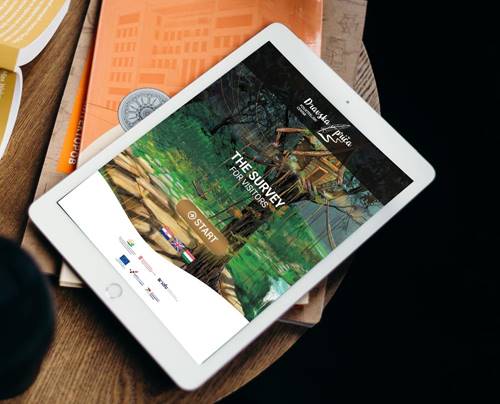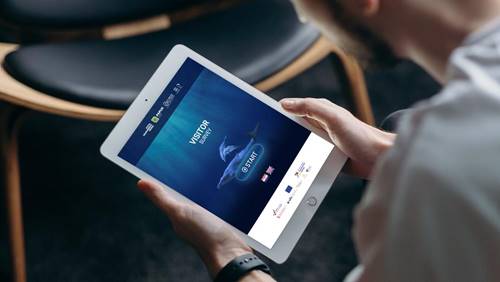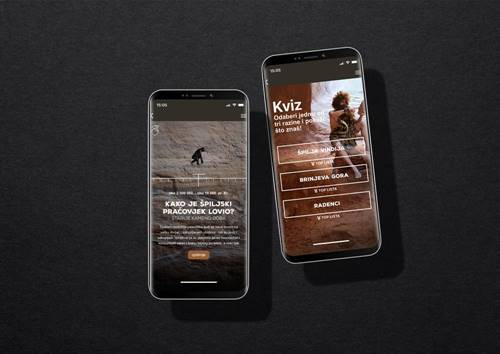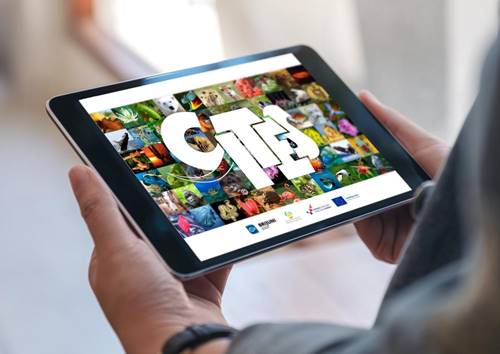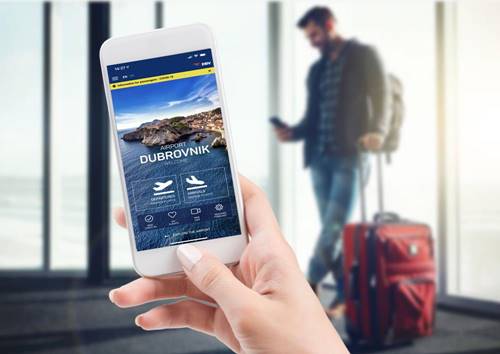PandoPad What we do?
Tablet applications
Tablet applications are one of the categories that completes our multimedia solution offer. They are applied in museums, interpretation centers, galleries, visitor and info centers, theme parks, sites, fortresses or points of sale, wherever there is a need for such format.
Unlike mobile applications that provide information to off-site users via their smart device, tablet applications have different use depending on the location where the tablet is placed, the type of setup, and the type of interaction with visitors.
We create applications that can serve as a self-service guide through interpretation centers, museums, galleries, exhibitions, theme parks and the like. Our applications are equipped with QR scanners and use AR (augmented reality) technology to display additional information in digital form. This way, applications have the ability to display an entire multimedia database of different holdings, exhibitions, or even specific points of interest (POIs).
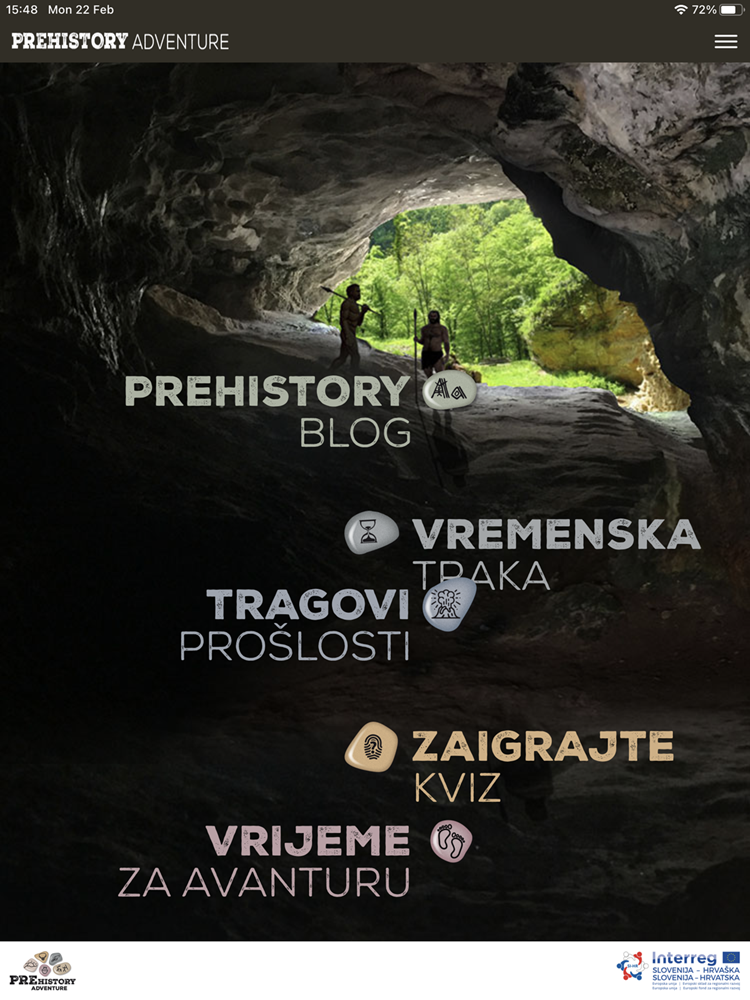
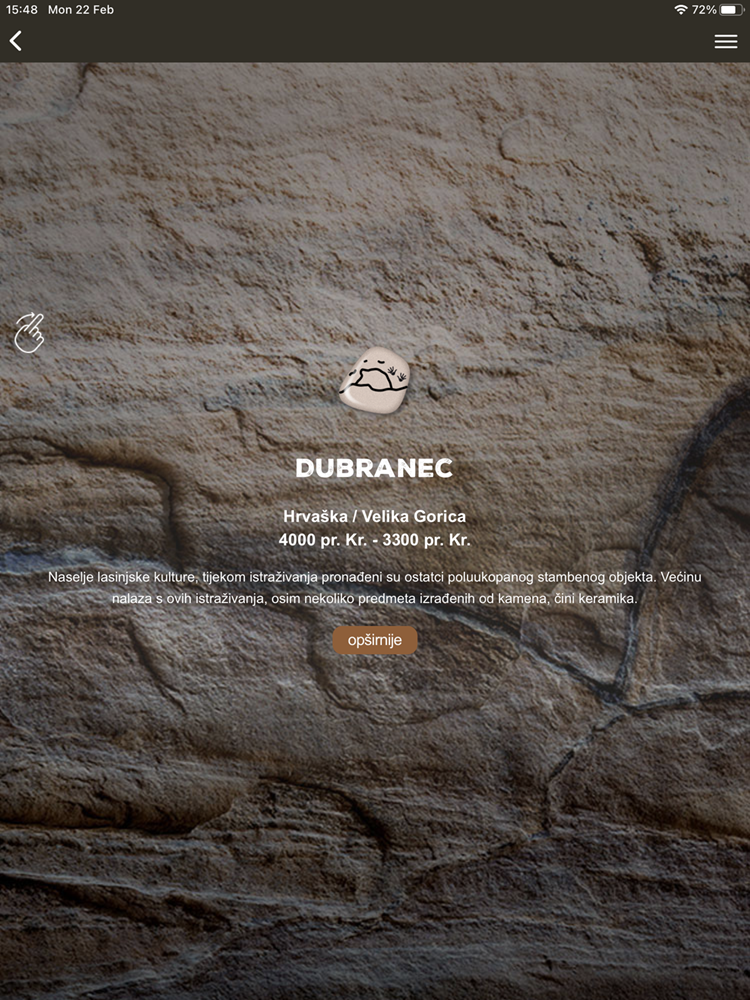
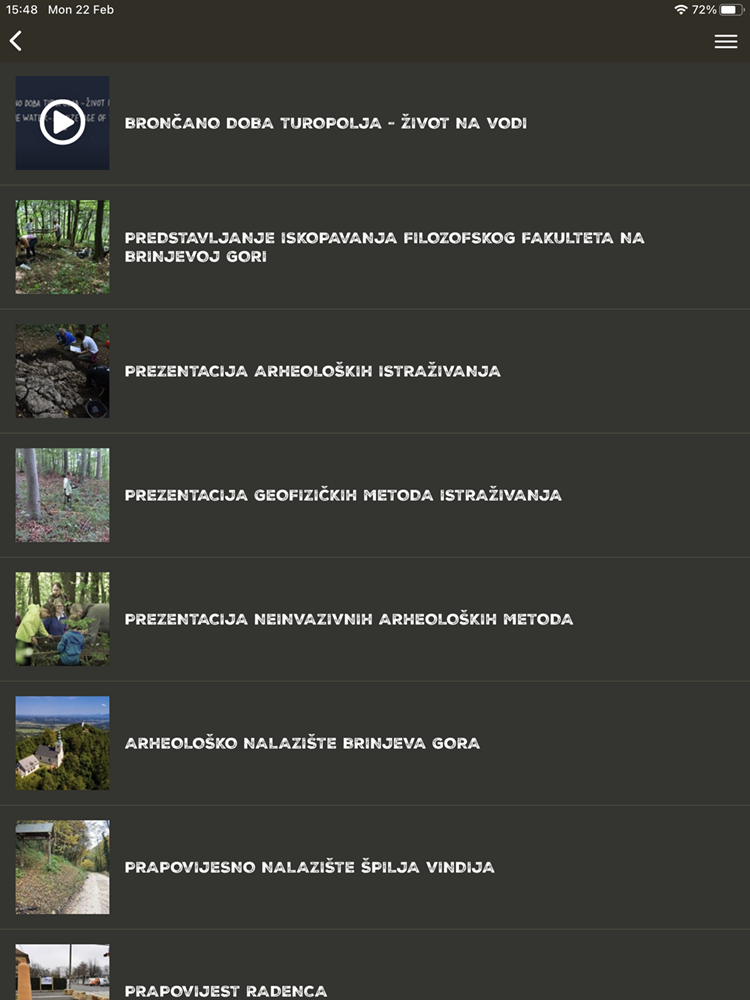
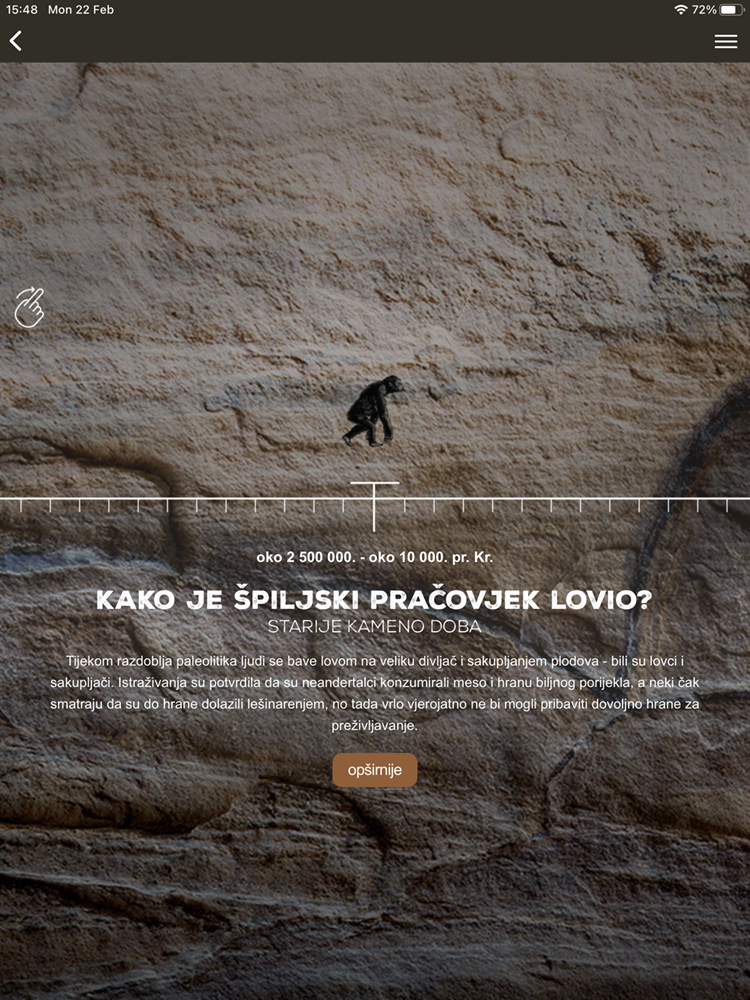

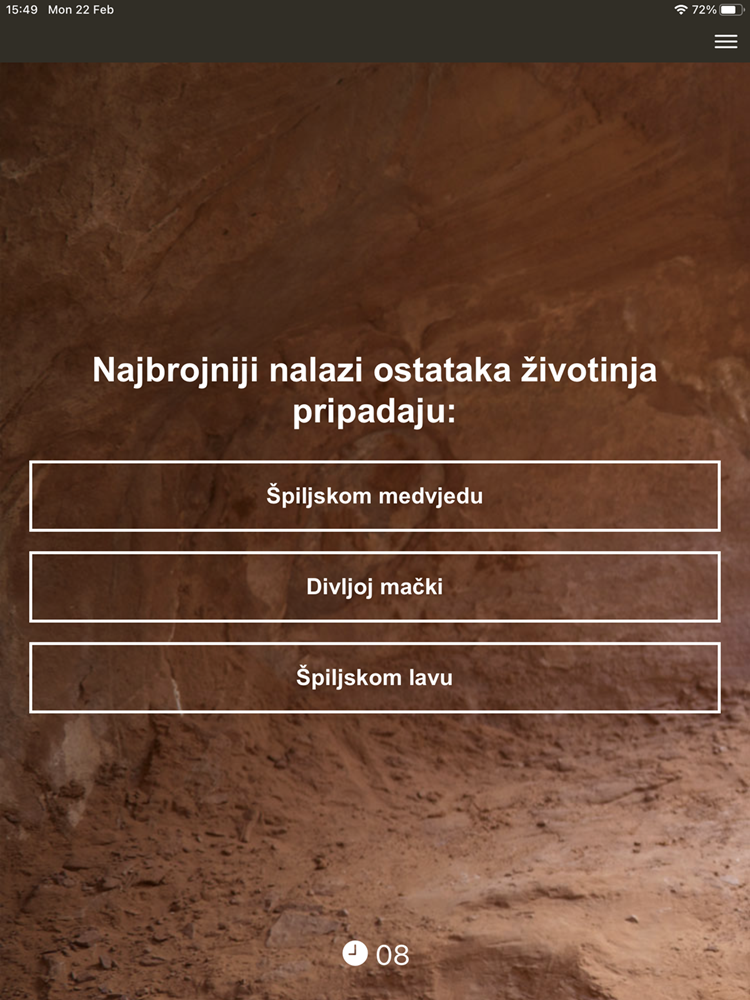
Tablet applications can also serve for group edutainment purposes where visitors are given various quizzes to test their knowledge on tablet devices, or they can use tablet devices as an educational tool for site exploration or adventure. Finally, tablet applications can also be setup as a fixed part of the exhibition and can serve as a digital signage solution for users looking for interactive kiosks of minimal dimensions.
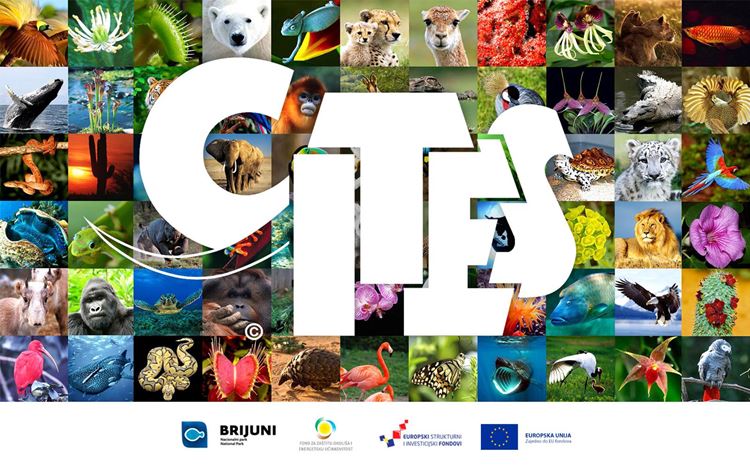
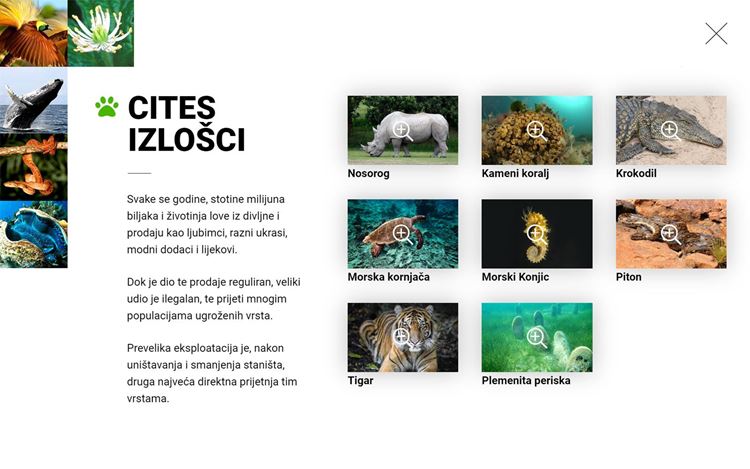

It is important to note that all the functional units we use within our interactive screens can also be delivered within tablet applications. Some of the examples include various games and interactive quizzes, event timers, shop windows, galleries, geolocators, advertisements, coupons, entertainment for the children, etc.
Tablet applications greatly enhance the visitor experience for people with a disability: for example, people who need larger text or audio guides could benefit from using our application features. Finally, the specific characteristics of tablets may also meet the needs of institutional staff who can use them as portable guides. This way, the use of tablets not only improves the visitor experience, but can add value to the quality of the institution’s service.
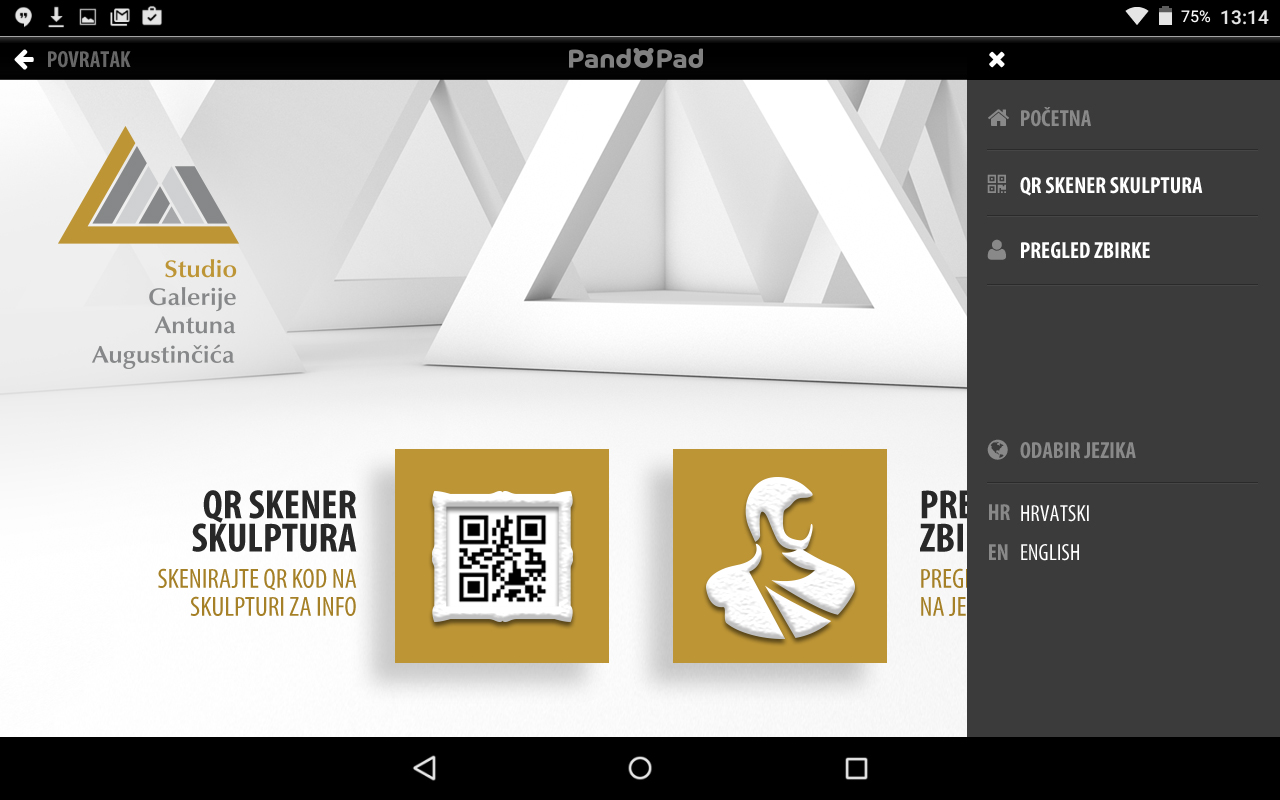
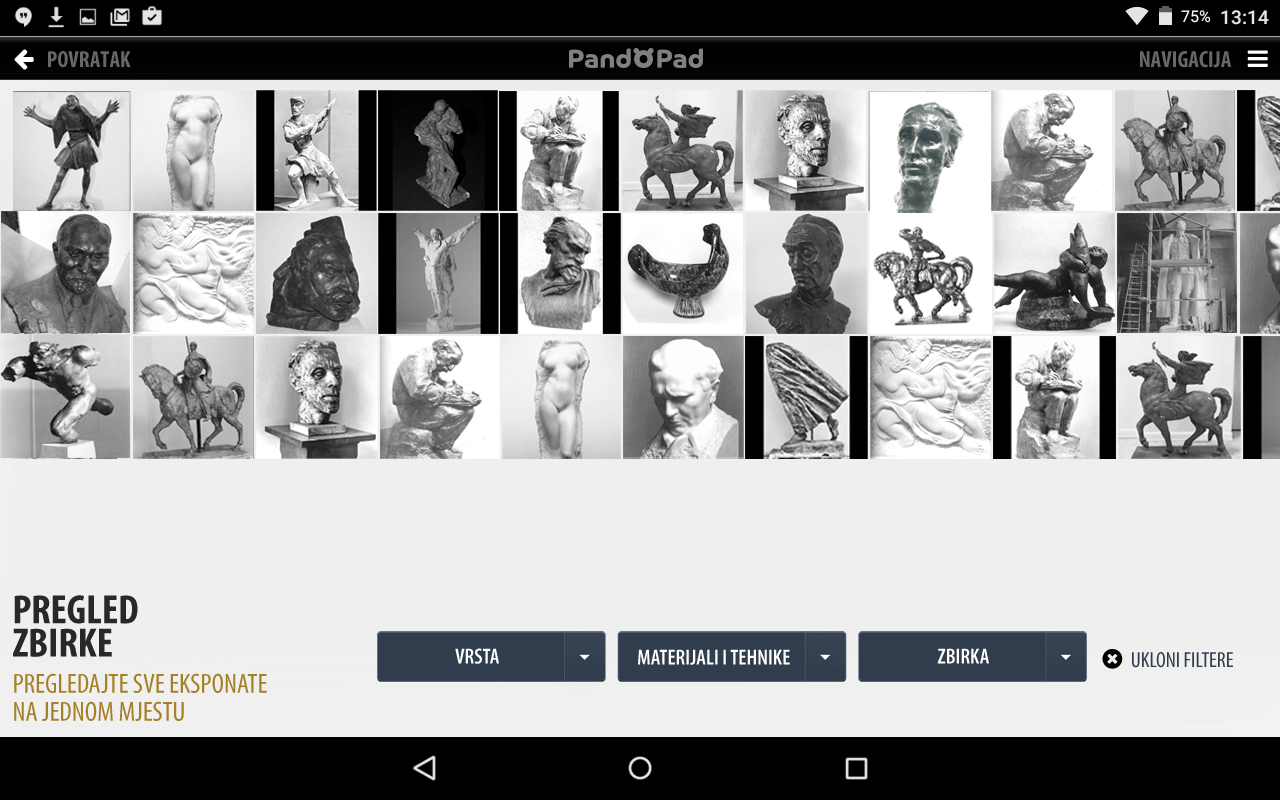
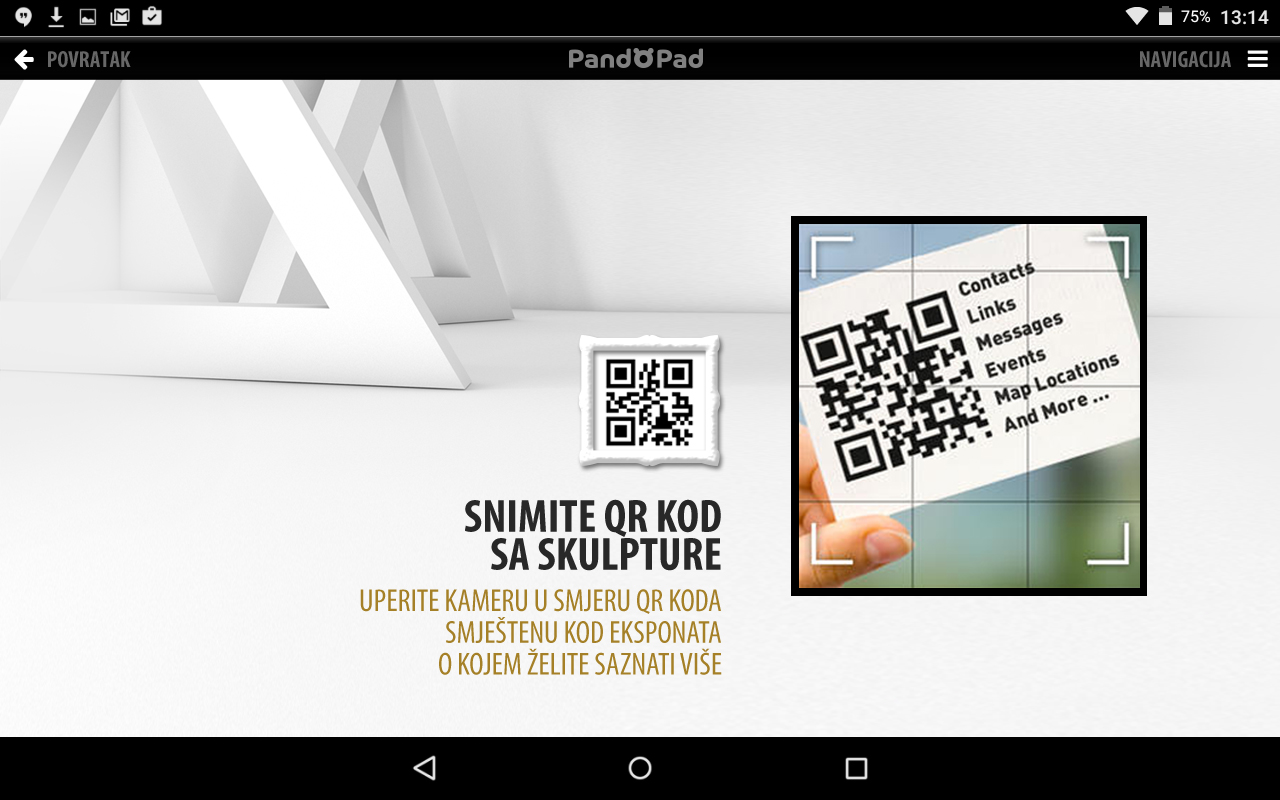




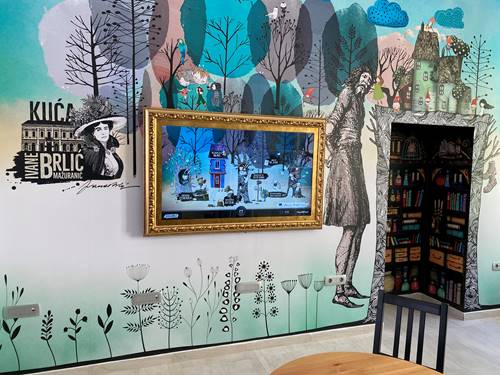
_14279.jpg.axd?width=500&quality=70)
